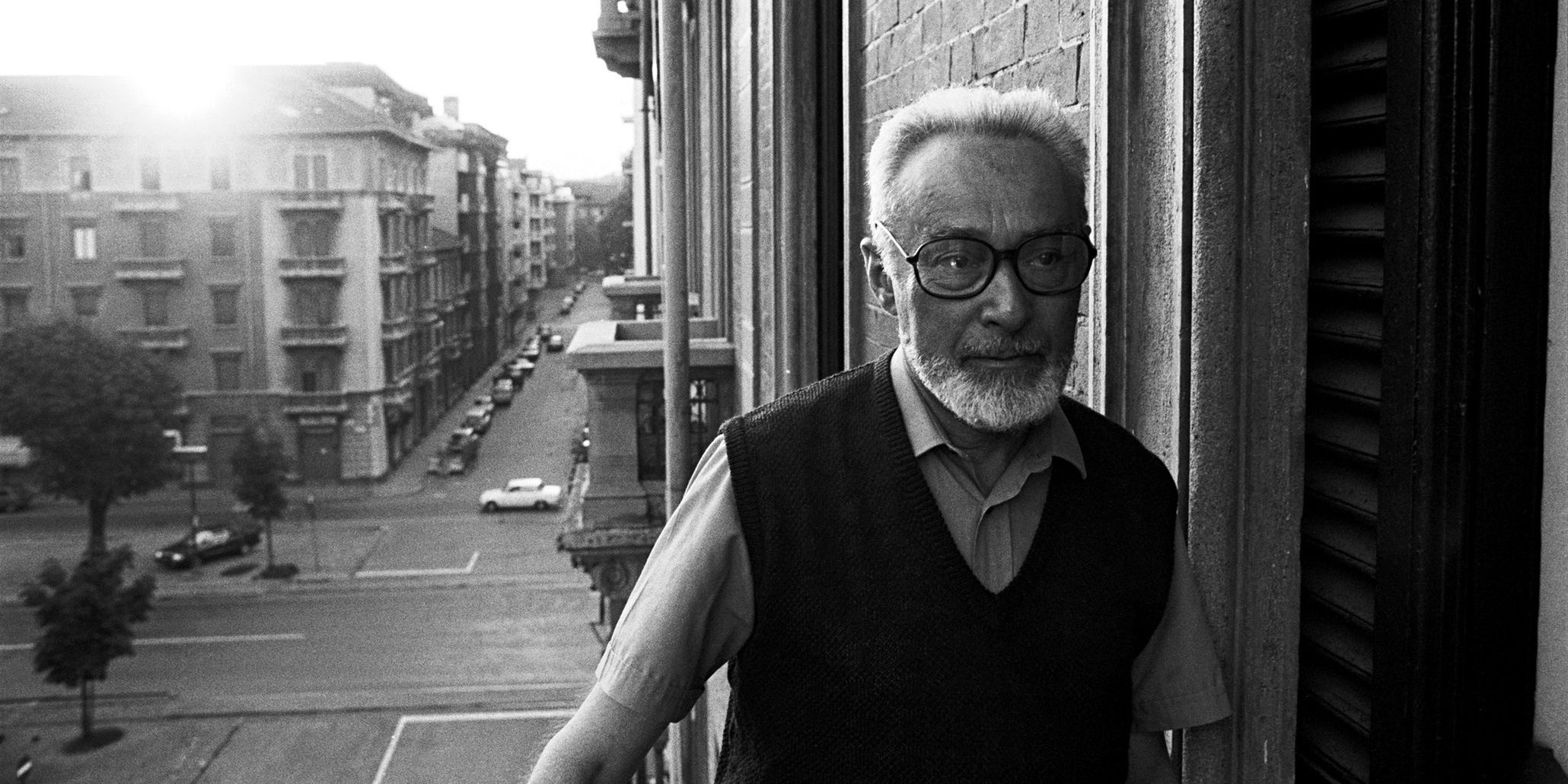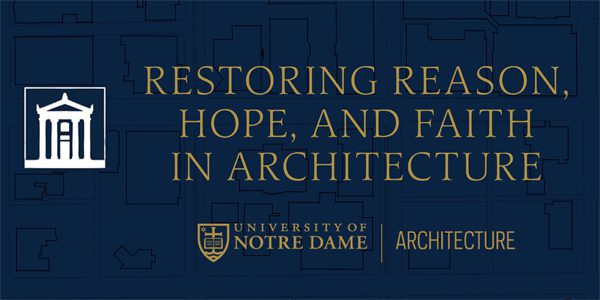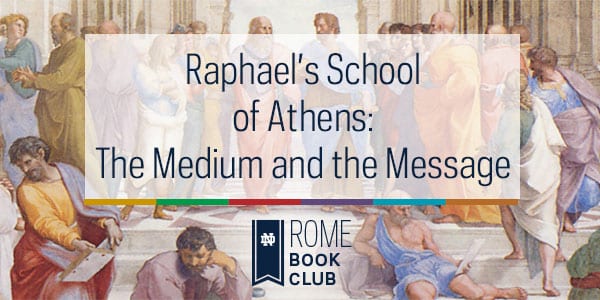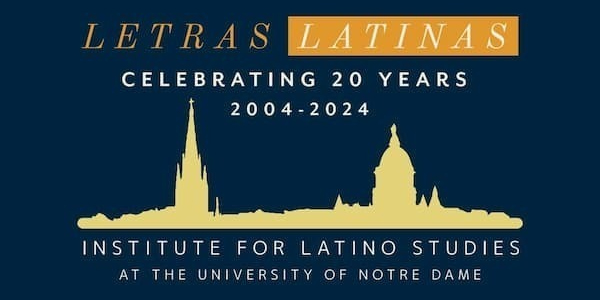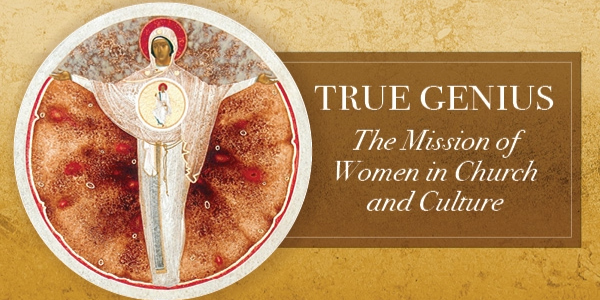Top 10 Learning Moments
- These encounters that he describes in the text are also emissaries who bring with them psychological or spiritual truths to help Levi on his psychological journey from death and the camps back to life. — Barry McCrea
- There is such a lack of moral judgment so little space and energy is given to judging blaming or accounting for the sins of others that Levi suffers. It’s not that the Nazis or anybody else are let off the hook. it’s that Levi decides to invest his energy his creative energies in something else, in building and moving forward rather than in retribution. — Barry McCrea
- The idea of return is a fantasy, that can’t happen. Every return is a new start, we are not the same people when we arrive home that we were starting out. — Barry McCrea
- Joy from this book comes from the way in which experiences are narrated to the reader. Joy comes from telling, not just the act of telling but the way of telling. Levi manages, even in this situation that you might call post-trauma, to give something to the reader. This book is an act of giving, in many ways. — Barry McCrea
- All throughout the novel the importance of farce, pantomime, and parody is emphasized as a way of restoration, of restoring oneself to life. Farce, pantomime, parody, caricature they turn out to be an indirect way of narrating traumatic things, a way of narrating them in joyful disguise. — Barry McCrea
- Joy from this book comes from the way in which experiences are narrated to the reader. — Barry McCrea
- Characters such as the Greek and Cesare are emblems of the Jewish and European culture. — Barry McCrea
- Exchange, bartering, negotiating are means to overcome the emptiness of the camps. — Barry McCrea
- I would like to draw your attention to those moments in the novel where Levi seems to remember something in implausible detail. If we keep in mind the seventeen years have passed, there are some things he recounts that seem very unlikely that anybody could have remembered in this detail. That’s because, I presume, Levi is there working as a writer. What we are getting is a distillation of things that Levi has learned in the meantime, rendered in fictional form. — Barry McCrea
- The novel quietly emphasizes the importance of pauses, of temporary silences and omissions, moments that allow what is unsaid to be present in the minds of people without becoming obsessive […] the Truce is like one of these pauses in which huge things, griefs, and confusions that are too vast to look at head-on, at least right away, are confronted under the surface, in the margins, and indirectly. — Barry McCrea
Interested in learning more?
This series is hosted by ThinkND, the University of Notre Dame’s online learning community that connects you with videos, podcasts, articles, courses, and other resources to inspire minds and spark conversations on everything from faith and politics to science, technology, and your career.
Featured Speakers
Barry McCrea, Professor of English, Donald R. Keough Family Professor of Irish Studies, Concurrent Professor of Romance Languages and Literatures, Concurrent Professor of Irish Language and Literature, University of Notre Dame
“Joy from this book comes from the way in which experiences are narrated to the reader. Joy comes from telling, not just the act of telling but the way of telling. Levi manages, even in this situation that you might call post-trauma, to give something to the reader. This book is an act of giving, in many ways.”
– Barry McCrea
More Like This
Related PostsLet your curiosity roam! If you enjoyed the insights here, we think you might enjoy discovering the following publications.


